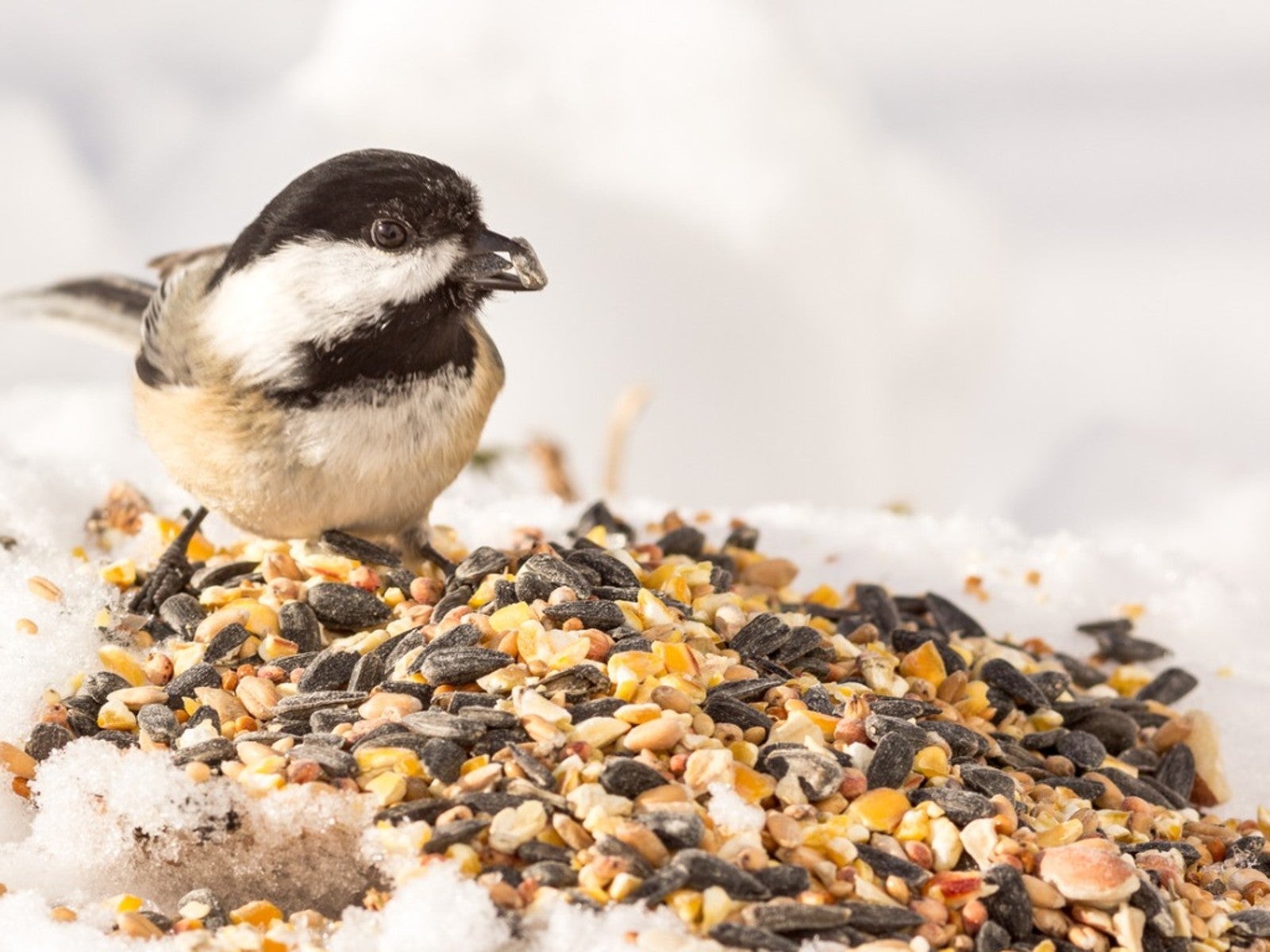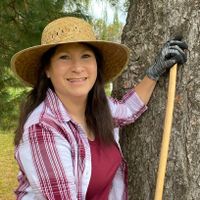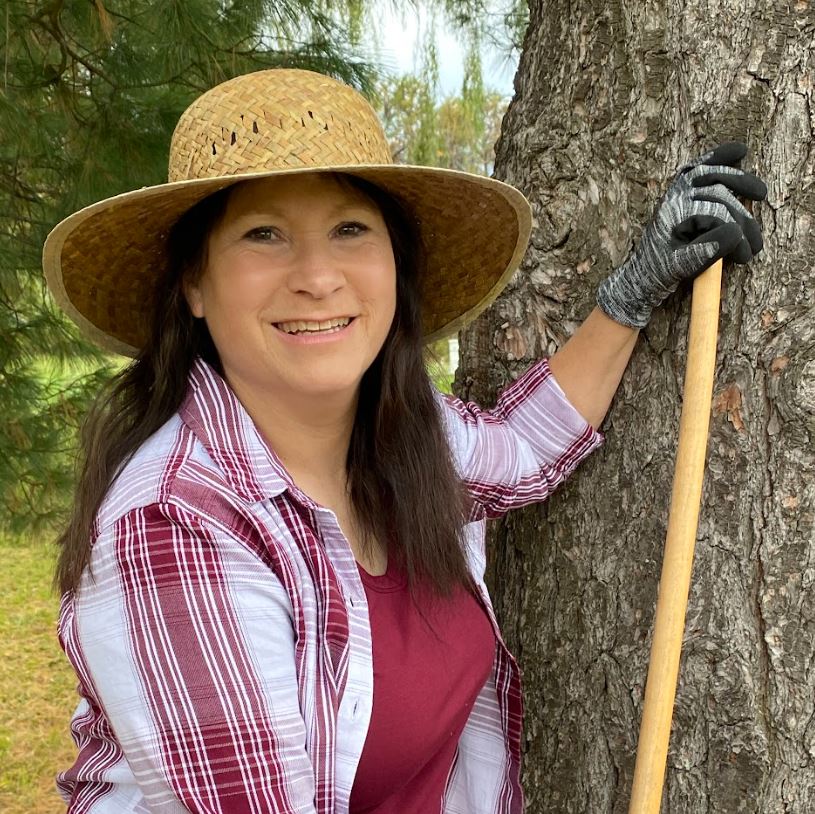How To Stop Bird Seed Growing Plants


No good deed goes unpunished. While that may seem a bit cynical, plants growing from bird seed is a prime example of how an act of kindness can backfire. If you've had this problem in the past, you may be wondering how to attract and feed birds without ending up with a bunch of weeds in the garden.
Plants That Grow From Bird Seed
Not all bird seed is created equal. Here are the most popular seeds manufacturers include in their mixes:
- Sunflower -- Black oil sunflower seeds are enjoyed by a wide variety of birds, while striped varieties have thicker shells and are more difficult for some species to open. Whole sunflower seeds will sprout and grow. Shelling, hulling or chipping seeds eliminates this problem.
- Safflower -- Cardinals, blue jays and tufted titmice are among the native species of birds which relish these small, white conical seeds. Depending upon the variety, safflower plants grow 1 to 5 feet (0.3-1.5 m.) tall and produce yellow, orange or red globular flowers.
- Nyjer -- A favorite of goldfinch, these thin black seeds are sometimes labeled “thistle” in birdseed mixes. Related to the sunflower, Nyjer (Guizotia abyssinica) grows 4 to 6 feet (1.2-1.8 m.) tall and has yellow daisy-like flowers. This is one bird seed that won't sprout weeds. Nyjer is grown overseas and the USDA requires the seed to be heat-sterilized prior to importation.
- White Proso Millet -- Favored by quail, cardinals, juncos and other ground-feeding birds, millet is often fed in ground-level bird feeders. The football-shaped seeds are creamy white to light tan and readily sprout in warm weather. Millet is an annual grass that grows 3 to 6 feet (0.9-1.8 m.) tall.
- Corn -- Shelled corn (whole kernels) can germinate and grow into full-sized corn plants, but will not produce the tender, sweet corn loved by humans. Feeding cracked corn solves the problem of finding stray corn plants in the yard.
- Peanuts -- Whole peanuts are popular with jays, crows and woodpeckers, while smaller birds prefer them shelled and chopped. Peanuts won't germinate unless the pinkish-brown hull is still attached. These legumes grow 1 to 1.5 feet (0.3-0.5 m.) tall.
- Milo -- Also known as milo maize, these round, reddish brown seeds are not favored by smaller birds, but are attractive to many types of game birds, doves and jays. This sprouting bird seed, which is also called sorghum, looks similar to corn plants. However, milo doesn't produce kernel-filled ears. The flowerheads and seeds appear at the top of the plant.
How to Keep Bird Seed from Sprouting
Avid bird lovers know there are several tricks when it comes to weed-free bird feeding. Adopt a few or all of these tried and true techniques for eliminating unwanted plants around the bird feeder:
- Don't buy cheap seed. When it comes to bird seed mixes, you get what you pay for. Bargain mixes often contain “filler” seeds, which many birds won't eat. The end result is these seeds get kicked out of the feeder and end up on the ground where they germinate into an array of unwanted weeds. Avoid products with milo, wheat, oats, golden or red millet and flax.
- Change bird feeders. Many weed problems can be eliminated by changing the type of feeder. Using a tube feeder with small feed holes requires the birds to remove one seed at a time and helps prevent waste. Avoid bird feeders that sway as these can spill feed.
- Use multiple feeders. Buy single seed products and place each in a different feeder. The birds will flock to their favorite feeder and not toss out undesirable seeds.
- Install a seed catcher. These handy devices not only catch fallen seeds, but unsightly seed hulls as well.
- Regularly clean up fallen seeds. Install pavers underneath the bird feeder to make sweeping up discarded seeds and hulls much easier.
- Plant ground cover under the feeder. Dense ground cover plants will shade the soil and deter bird seeds from germinating or growing should they sprout.
Finally, consider purchasing non-germinating bird seed. These products are often labeled “no mess” or “no-waste” and only contain seeds which have been shelled, hulled or cracked.
Sign up for the Gardening Know How newsletter today and receive a free copy of our e-book "How to Grow Delicious Tomatoes".

Laura Miller has been gardening all her life. Holding a degree in Biology, Nutrition, and Agriculture, Laura's area of expertise is vegetables, herbs, and all things edible. She lives in Ohio.